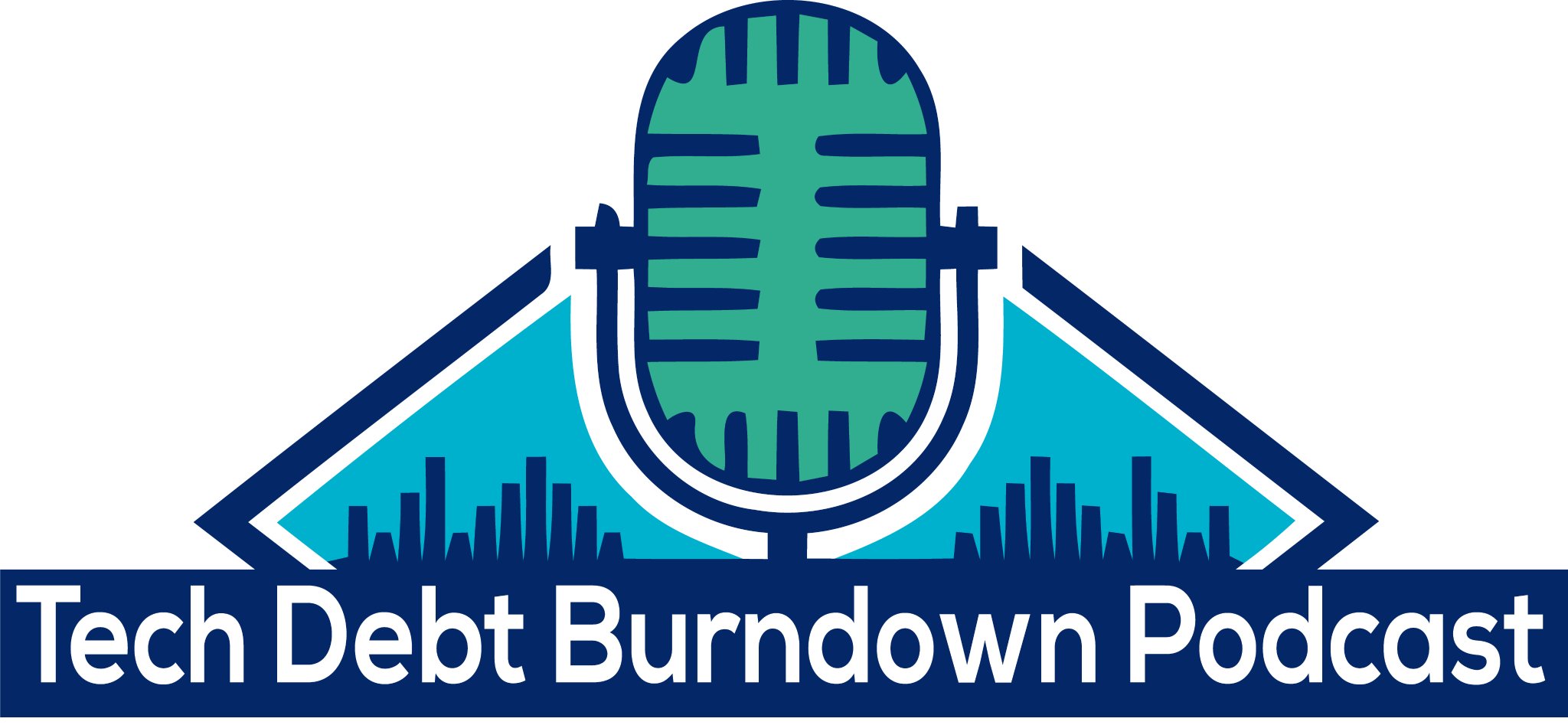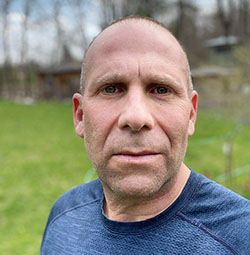Tech Debt Burndown Podcast Series 1 E10: Eoin Woods
Posted on Saturday, Jun 12, 2021
Show Notes
Recording date: May 25, 2021
Download at Apple Podcasts, Google Podcasts, Spotify, iHeartRadio, Spreaker or wherever you get your podcasts.
“There’s sometimes an assumption that people in the business of building systems all the time implicitly understand tech debt. I think they definitely don’t.” - Eoin Woods
After intros we ask Eoin about the International Conference on Technical Debt, which recently had its 4th annual event. Eoin was a keynote speaker at the first conference, and has stayed involved since.
Eoin goes on to explain that the academic community have found ways to collect data on tech debt that have evaded many practitioners, which has brought fresh insights onto the problems and how they might be addressed.
Nick asks about the Preventing Technical Debt by Technical Debt Aware Project Management paper from Hamburg and whether “can it be this easy?"; and Eoin replies that in the SEI book on Managing Technical Debt, “it’s one of the key practices”.
After a spot of collective JIRA bashing, Nick asks Eoin about the Security Debt: Characteristics, Product Life-Cycle Integrations and Items paper, describing it as “fully buzzword compliant, talking about shift left and everything like that”. Eoin observes that security related tech debt gets special treatment, “it’s rather more urgent to fix, because you may not understand all the possible implications of it”. He goes on to say that security has become more popular as a topic at conferences over the last 10 years or so.
Chris asks Eoin for one of his favourite examples of tech debt from the past, which leads to a description of an old Unix transaction processing monitor, and a giant C/C++ code base that grew around it. He talks about a colleague making good progress, but the sense that they weren’t actually winning.
Eoin then talks a little about lessons from his book Continuous Architecture in Practice, and goes on to describe how people often get stuck on a data model that’s not quite working.
Chris then asks Eoin about practices he’s currently using to handle tech debt, which leads to “It very much depends on the environment, I think the key thing that we try and encourage everyone to do is to make sure that you’re running enough analysis on your code regularly, that you can spot trends and changes.”
We conclude with a promise to link to Eoin’s book on Software Systems Architecture that he co-authored with Nick Rozanski, so there it is.
Guests

Eoin Woods
Eoin Woods is CTO at Endava, where he guides technical strategy, oversees capability development and directs investment in emerging technologies. Eoin is co-author of two software architecture books (Software Systems Architecture and Continuous Architecture in Practice) and is a regular conference speaker, with a particular interest in software architecture, DevOps and computer security. He has created and suffered more technical debt over the years than he likes to admit.
Hosts

Chris Swan
Chris is a frequent speaker on topics such as serverless, DevOps, cloud, containers, security, networking and the Internet of Things. He’s also a cloud editor for InfoQ and a contributor to open source projects such as Docker, CoreOS and DXC’s Online DevOps Dojo.

Nick Selby
Nick provides information security, disaster- and cyber incident-readiness assessments at Fuzz Technology, a subsidiary of EPSD, Inc. From 2021 to 2023, Nick served as VP of the Software Assurance Practice at Trail of Bits (where he was the voice and executive producer of its podcast), and from 2019 to 2021 as Chief Security Officer at Paxos Trust Company.
From 2018 to 2020, Nick served as Director of Cyber Intelligence and Investigations at the NYPD Intelligence Bureau, where he helped the department understand how it investigates online, and how Cyber Enabled crime affects New Yorkers.
In 2005 he founded the information security practice at industry analyst firm 451 Research, (now S&P Global Market Intelligence) where he served until 2009 as 451’s Vice President, Research Operations.